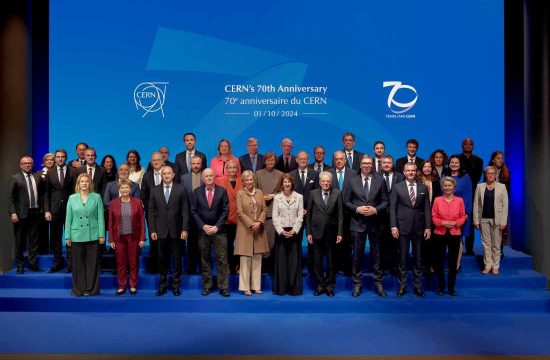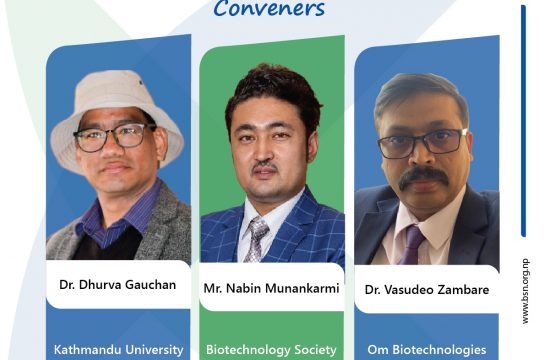University of Malaya’s Professor Rajah Rasiah was awarded the 2014 Celso Furtado Prize in Social Sciences by The World Academy of Sciences (TWAS). This was in recognition of his pioneering contribution to the theory and methodology of how technological capabilities relate to economic development

University of Malaya’s Professor Rajah Rasiah was awarded the 2014 Celso Furtado Prize in Social Sciences by The World Academy of Sciences (TWAS). This was in recognition of his pioneering contribution to the theory and methodology of how technological capabilities relate to economic development. He demonstrated how competition and crises which cause industrial shakeouts may also provide opportunities for technological upgrading. His extensive exposure to actual R&D activity, production and inventory control systems in firms enabled him to question mainstream measures of technology and technological spillovers. He showed the circumstances under which technological upgrading and technology transfer take place and how to measure technology embodied in organizational structure, production layout, humans, products, machines and processes with a focus on recipients success in appropriating knowledge synergies.
Rasiah introduced the systemic quad model to offer governments a policy framework to promote firm-level technological upgrading, arguing that all four pillars — of basic infrastructure, high-tech infrastructure, global integration and network cohesion – must be promoted simultaneously to sustain upgrading and economic expansion. While the pillars of basic infrastructure, high-tech infrastructure and network cohesion are endogenous variables, global integration is the essential pillar to stimulate knowledge inflows from abroad through trade, hiring of human capital from abroad, foreign direct investment, technological agreements and acquisitions. The impact of his contribution can be seen in policy publications by several global organizations and governments.
The key message Rasiah advanced is that countries seeking to quicken economic development must develop their technological capabilities taking account of the evolutionary elements of industry, location and timing. Hence, governments of developmental states can examine the technological strategies and paths of lead firms in the industries they wish to catch up and leapfrog when formulating industrial policies.








